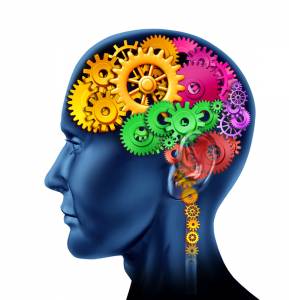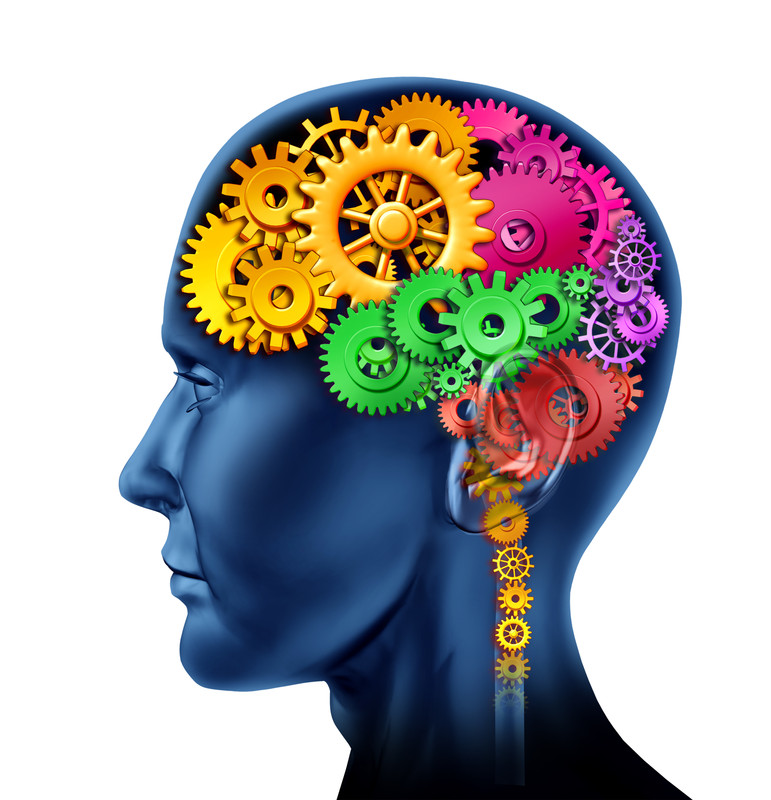 My life has been spent with one musical activity or another and has a great deal of meaning for me. As I am now entering my middle years the actual value of music to my own well being has become more apparent to me. This came into sharper focus after I hadn’t played the piano or listened to music for quite a few weeks.
My life has been spent with one musical activity or another and has a great deal of meaning for me. As I am now entering my middle years the actual value of music to my own well being has become more apparent to me. This came into sharper focus after I hadn’t played the piano or listened to music for quite a few weeks.
It was on returning to practice for an event that the sheer joy of playing was almost overwhelming. It occurred to me that music making and listening really must have health benefits both mentally and physically. I have been reading many articles about this topic and here are some of the things I have come across.
I must stress that I do not have any qualifications or any expertise on these issues, merely a hunch…
Music is intrinsic to all cultures and can have surprising benefits not only for learning language, improving memory and focusing attention, but also for physical coordination and development.
Healing Properties in Music
Music has positive effects on pain management. It has been shown reduce both the sensation and distress of both chronic pain and postoperative pain for a wide range of conditions. This includes arthritis, a reduced need for medication during childbirth and can help depression.
The theory is that music forms a distraction, gives patients a sense of control, causes the body to release endorphins and relaxes the person by calming the heartbeat.
Other Benefits.
It seems as though you can lower blood pressure by playing recordings of relaxing music each day. With regular listening it may help in keeping it low.
It’s good for your heart too. Research shows that it is musical tempo, rather than style affects the heart rate. Participants in a study listened to six styles of music. As they listened, breathing, heart rates and blood pressure were monitored. Participants had faster heart and breathing rates when listening to lively music, which slowed when the music did. The style of music did not matter, it was the pace that had the effect.
Listening to your favourite music can help in the recovery of a stroke. It seems that listening for a couple of hours each day, verbal memory and attention span improved significantly.
Immune system.
Music can boost the immune function. Scientists explain that music can create a positive and profound emotional experience, which leads to secretion of immune-boosting hormones.
Enhanced Intelligence.
Research does confirm that listening to music and especially playing an instrument can actually make you better at learning by enhancing some kinds of higher brain function. It helps reading and literacy, mathematical abilities and emotional intelligence.
It was thought that classical music enhances performance on cognitive tests. However, it has been shown that listening to any music that is personally enjoyable has positive effects.
Better Memory.
Music, with a 60 beats per minute beat pattern, activates the left and right brain. This maximizes learning and retention of information. The information being studied activates the left brain while the music activates the right brain. Activities engaging both sides of the brain at the same time, such as playing an instrument, causes the brain to be more capable of processing information.
Musical training has even better effect than just listening to music. There is clear evidence, that children who take music lessons develop a better memory compared with children who have no musical training. It can also improve the duration and intensity of concentration in everyone.
Improves Coordination.
Music reduces muscle tension and improves body movement and coordination. Music may play an important role in developing, maintaining and restoring physical functioning in the rehabilitation of persons with movement disorders.
More Productive at work.
You can perform better at your work with music. Whilst there may be many reasons for wishing to listen to music in the workplace, it really improves your productivity. It has been shown that recognition of visual images is faster.
Help with Sleep.
Researchers have shown that just 45 minutes of relaxing music before bedtime can make for a restful night.
Relaxing music reduces nervous system activity, decreases anxiety, blood pressure, heart rate and may have positive effects on sleep via muscle relaxation and distraction from thoughts.
Reduces Stress.
Countless studies have shown that music’s relaxing effects can be seen on anyone. The great thing about this is that it can be done while you go about your normal day.
I hope you have enjoyed reading the above. It is clearly not exhaustive or detailed but a little taster of some of the benefit of music. Keep playing and listening!



Add Comment